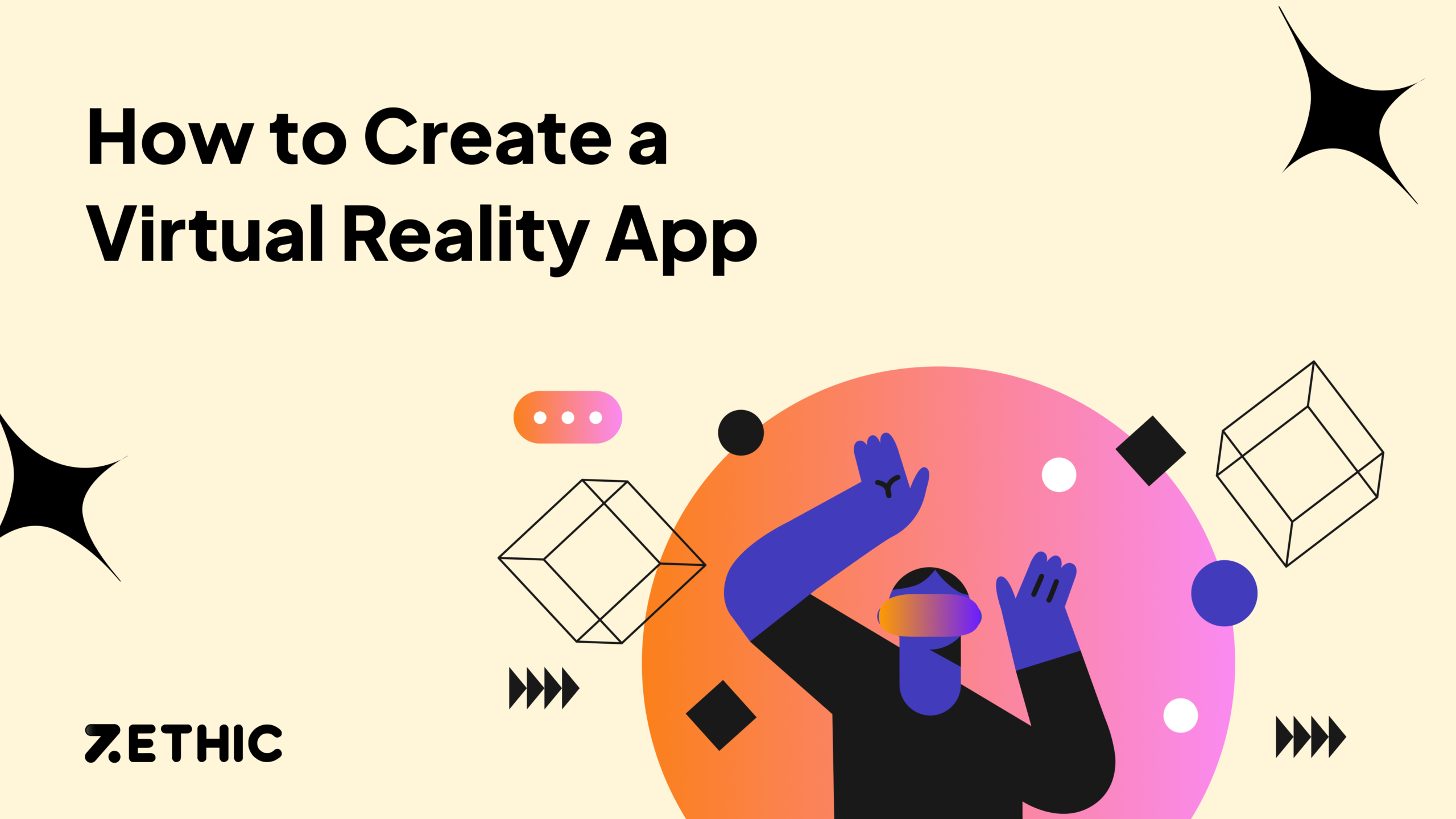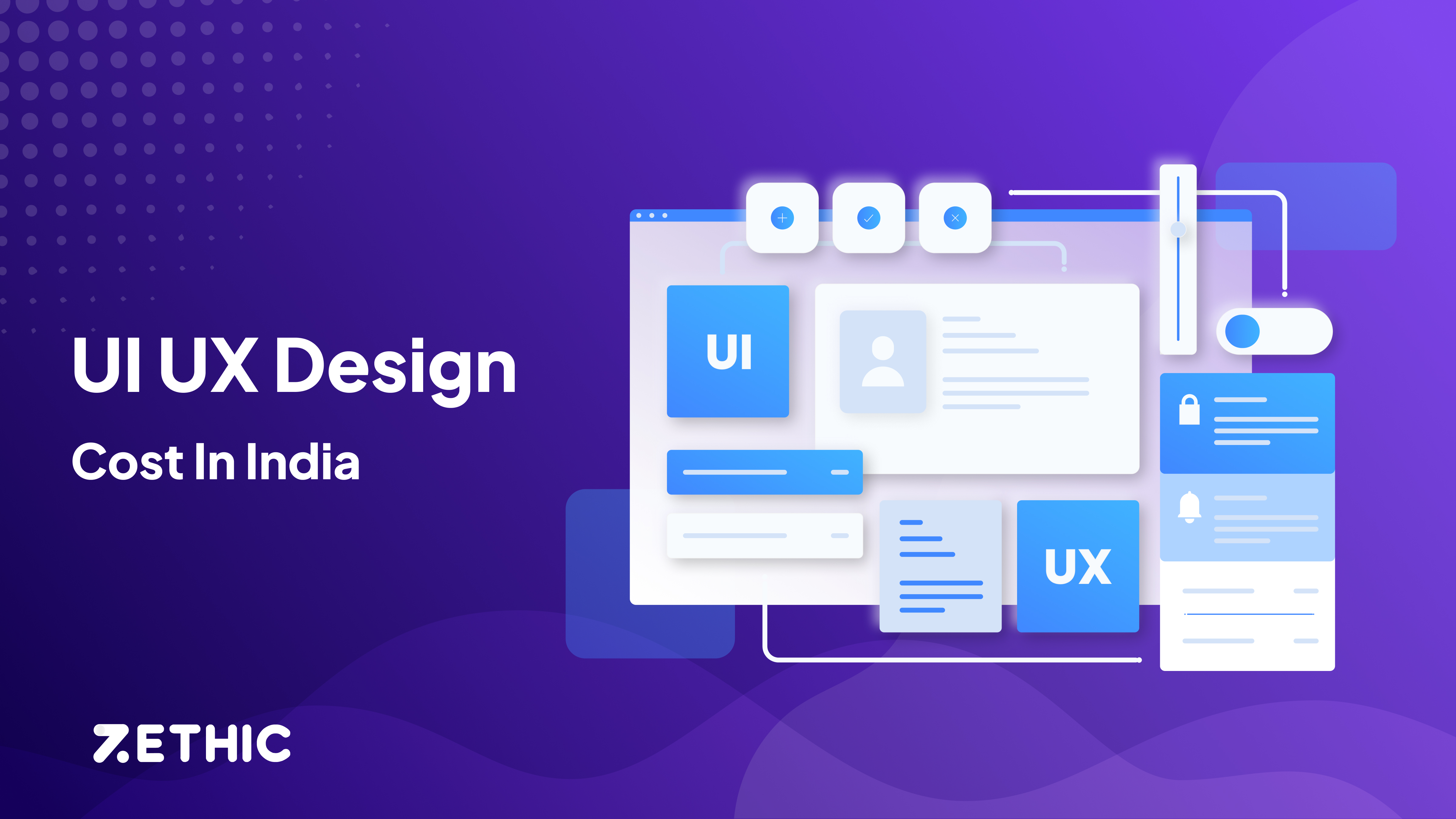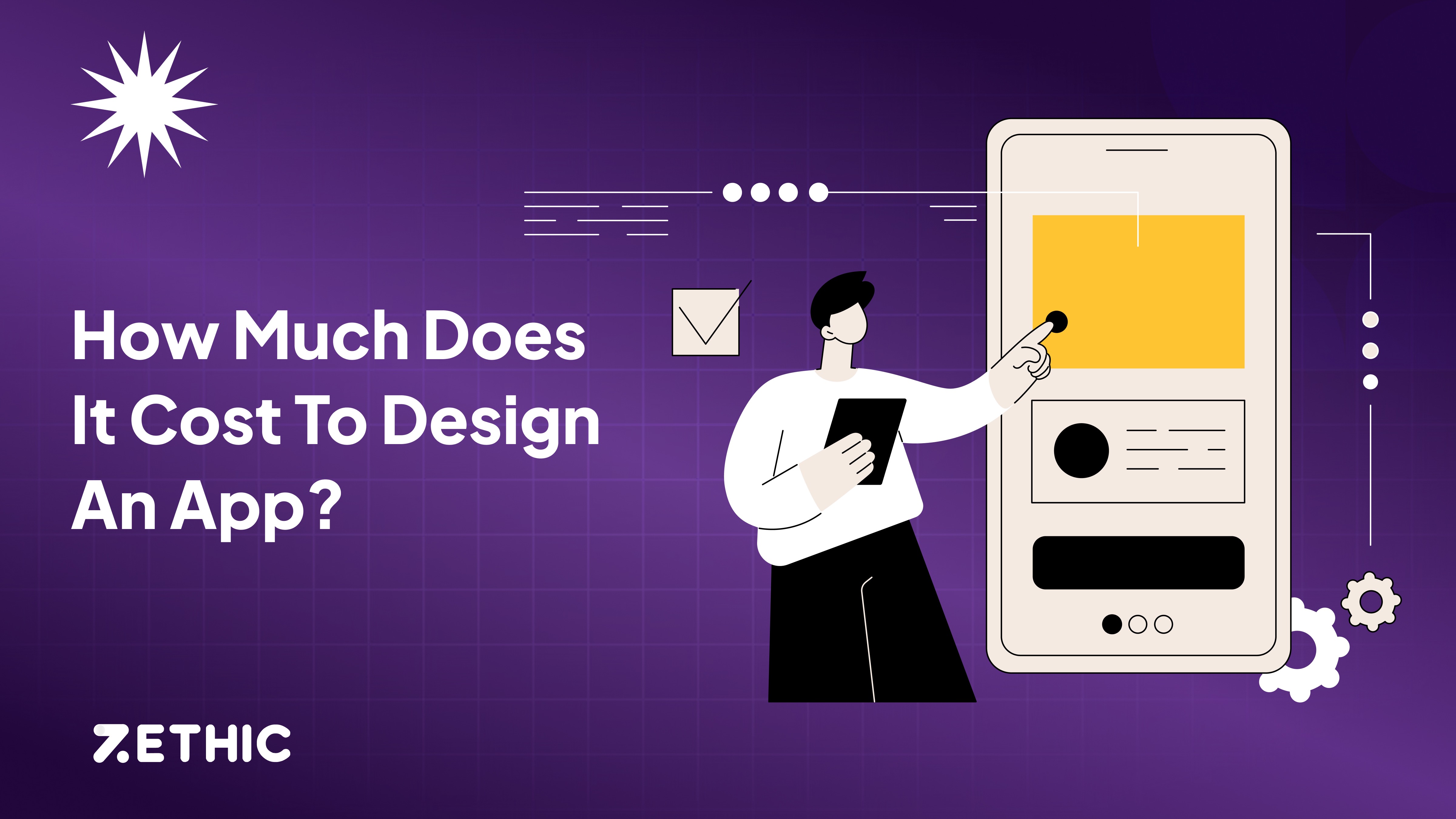Table of Contents
Virtual Reality (VR) has revolutionized the way we interact with digital content, offering immersive experiences that transport users to new worlds. As VR technology continues to advance, businesses across various industries are exploring its potential to enhance customer experiences, streamline operations, and drive innovation. However, developing a VR app involves significant costs, and understanding these costs is crucial for making informed decisions. From simple 360-degree experiences to complex, interactive virtual environments, the cost of VR app development can vary widely. In this comprehensive guide, we will delve into the factors influencing vr app development cost, providing insights into the cost associated with different types of VR applications. We’ll also explore strategies for cost-effective VR app development, helping you make informed decisions and optimize your budget.
Whether you’re a startup, a small business, or a large enterprise, understanding the financial implications of VR app development is essential. By the end of this guide, you’ll have a clear understanding of the cost involved and be equipped to make strategic decisions about your VR project.
Ready to Build Your VR App?
Get in touch today to discuss your project and get a customized quote for your VR app development cost.
Get A Free QuoteKey Factors Influencing VR App Development Cost
The VR app development cost can vary significantly based on several key factors:
1. App Complexity
The complexity of your VR app directly impacts the VR app development cost, as well as the development time. For simple VR apps, the cost typically ranges from $15,000 to $50,000, while apps with advanced functionality start at $150,000 and can go higher depending on the features and complexity.
| App Type | Description | Cost Impact |
|---|---|---|
| Simple VR App | Basic 360-degree experiences or simple interactive elements | Lower cost, shorter development time |
| Moderate VR App | Interactive environments, user input, and basic multiplayer features | Moderate cost, medium development time |
| Advanced VR App | Highly detailed 3D environments, AI-driven features, and advanced interactions | Higher cost, longer development time |
- Simple VR Apps are often used for virtual tours, product demonstrations, or immersive storytelling. They typically involve creating 360-degree video content or simple 3D environments. While these apps can be relatively affordable to develop, the quality of the content and user experience can significantly impact their effectiveness.
- Moderate VR Apps offer more interactive experiences, allowing users to manipulate objects, solve puzzles, or collaborate with other users. These apps require more advanced development techniques, such as 3D modeling, animation, and scripting. The cost of developing a moderate VR app can vary depending on the complexity of the interactions and the number of features.
- Advanced VR Apps are highly immersive experiences that often involve real-time physics simulations, AI-powered characters, and advanced rendering techniques. These apps require a significant investment in development time and resources. The cost can vary widely depending on the specific features and functionalities.
2. Platform Choice
The VR platform you choose can significantly impact the development cost. Popular platforms like Oculus Quest, HTC Vive, PlayStation VR, and mobile VR have different hardware requirements, software development kits (SDKs), and user bases, which can influence the overall cost.
| Platform | Pros | Cons | Cost Information |
|---|---|---|---|
| Oculus Quest | Standalone, wireless, and affordable | Limited processing power and graphics capabilities | VR app development pricing starts from $15,000 to $50,000. More interactivity, advanced graphics, and functionality integration increase cost. |
| HTC Vive | High-end VR experience with advanced tracking and controllers | Requires a powerful PC | VR app development pricing ranges from $30,000 – $100,000. Complex hardware and design work raise the cost. |
| PlayStation VR | Leverages the PlayStation ecosystem | Requires a PlayStation console | Pricing can vary but typically ranges between $20,000 to $70,000 based on features and integration with the PlayStation platform. |
| Mobile VR (e.g., Google Cardboard) | Accessible and affordable | Lower-quality experience compared to dedicated VR headsets | Development cost is lower, typically ranging from $3,000 to $15,000, due to simpler hardware and limited interactivity. |
| Standalone VR Headsets (e.g., Oculus Quest) | More interactive, supports advanced graphics, and high potential for functionality | Higher cost for development | VR app development pricing starts from $15,000 to $50,000. Increased functionality and graphics demand higher costs. |
| PC-Tethered VR (e.g., Oculus Rift S) | High-end, realistic VR experiences | Requires powerful PC for performance optimization | Development costs range from $30,000 to $100,000 due to the need for extensive programming and optimization. |

3. Design and User Experience
A high-quality user experience is crucial for the success of any VR app. Factors like 3D modeling, texture mapping, animation, and user interface design can significantly impact the development cost.
- 3D Modeling: Creating realistic and immersive 3D environments requires skilled 3D artists and designers.
- Texture Mapping: Applying textures to 3D models can add detail and realism.
- Animation: Animating characters and objects can bring your VR app to life.
- User Interface Design: A well-designed user interface can enhance the user experience and reduce cognitive load.
4. Features and Functionalities
The specific features and functionalities you want to include in your VR app will determine the complexity and cost of development. Some key features that can impact cost include:
- Interactive elements: Objects that users can manipulate or interact with
- Multiplayer capabilities: Allowing multiple users to interact in the same virtual environment
- AI integration: Using AI to create more realistic and dynamic experiences
5. Development Team
The size, expertise, and location of your development team will influence the overall cost. Hiring experienced VR developers and designers can be more expensive, but it can also lead to a higher-quality product. Additionally, the location of your development team can impact labor costs.
6. Additional Costs
Beyond the core development costs, there are several other factors to consider:
- Hardware and software: You’ll need to invest in VR hardware and software for development and testing.
- Licensing fees: Some VR software and hardware may require licensing fees.
- Maintenance and updates: Ongoing maintenance and updates are essential to ensure optimal performance and address security vulnerabilities.
- Marketing and promotion: Promoting your VR app can involve significant marketing costs.
VR App Development Cost Breakdown by VR App Type
| VR App Type | Typical Cost Range | Estimated Development Time |
| Simple VR App Cost | $15,000 – $50,000 | 2-4 months |
| Moderate VR App Cost | $50,000 – $150,000 | 4-6 months |
| Advanced VR App Cost | $150,000+ | 6+ months |
Simple VR App Development Cost
- Typical Cost Range: $15,000 – $50,000
- Estimated Development Time: 2-4 months
Simple VR apps often involve 360-degree videos or basic interactive experiences. They may include features like virtual tours, product demonstrations, or simple training simulations. The cost for these apps is relatively lower, but the quality of content and user experience can still significantly impact their effectiveness.
Moderate VR App Development Cost
- Typical Cost Range: $50,000 – $150,000
- Estimated Development Time: 4-6 months
Moderate VR apps offer more interactive experiences, allowing users to manipulate objects, solve puzzles, or collaborate with other users. These apps require more advanced development techniques, such as 3D modeling, animation, and scripting.
Advanced VR App Development Cost
- Typical Cost Range: $150,000+
- Estimated Development Time: 6+ months
Advanced VR apps are highly immersive experiences that often involve real-time physics simulations, AI-powered characters, and advanced rendering techniques. These apps require significant investment in development time and resources. The cost can vary widely depending on the specific features and functionalities.
Transform Your Ideas into VR Reality!
Contact us now for expert VR app development and discover how we can bring your vision to life
Conclusion
Developing a VR app can be a significant investment. Factors like app complexity, platform choice, design, features, team expertise, and additional costs influence the overall budget.
To ensure a successful VR project, it’s crucial to plan and budget effectively. Consult with VR development experts like Zethic a Top AR VR App Development Company to get accurate cost estimates and guidance.




